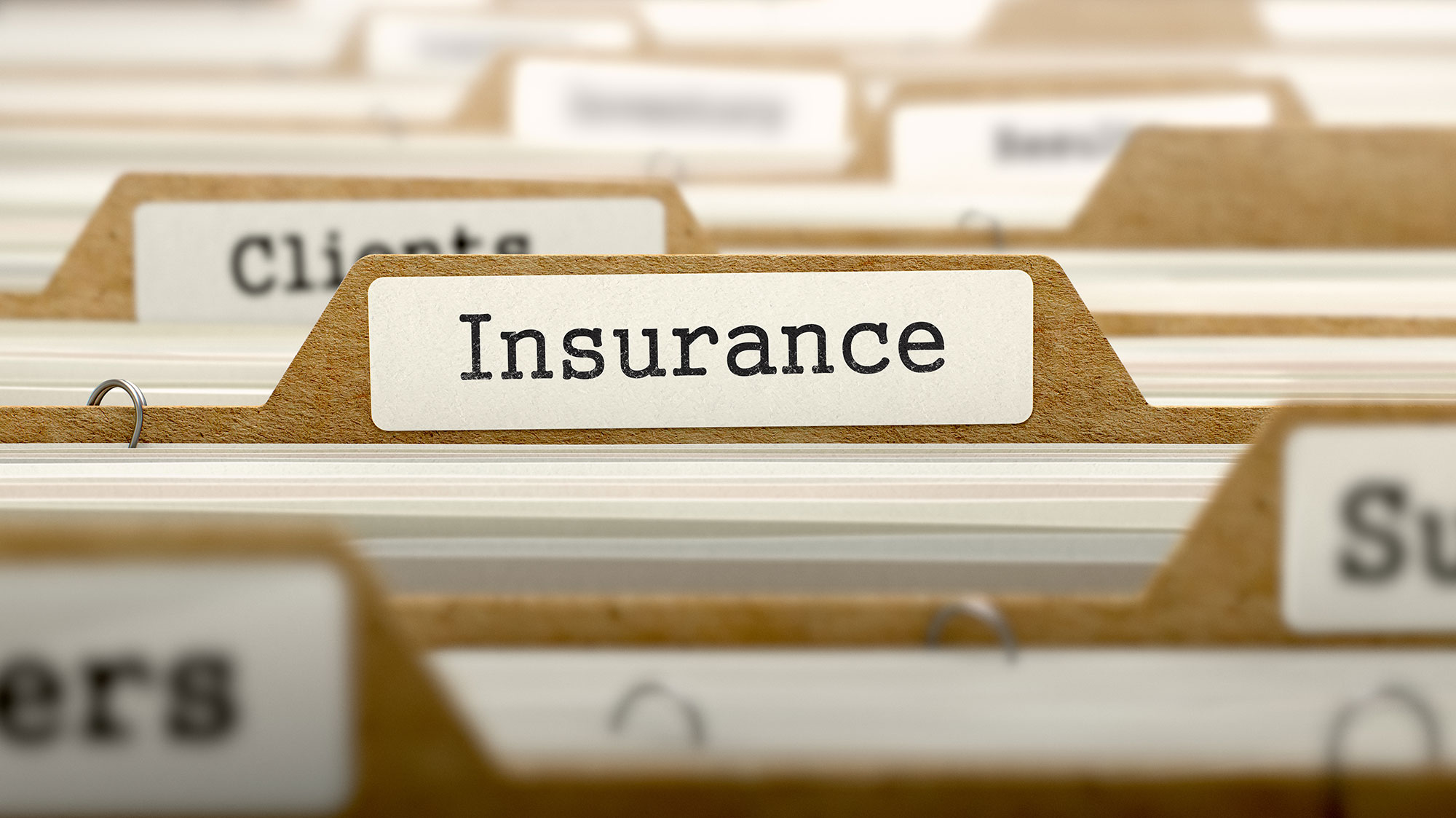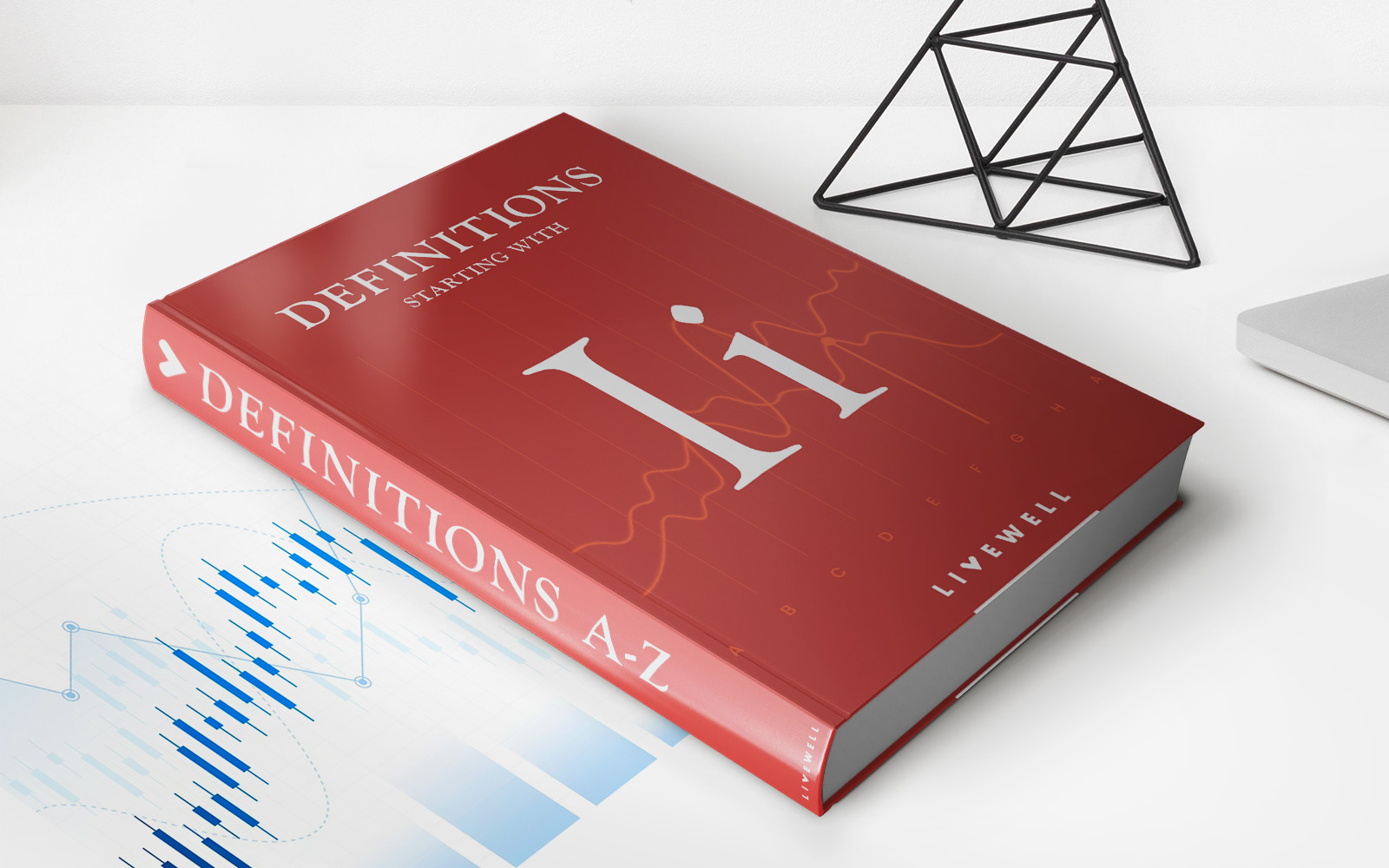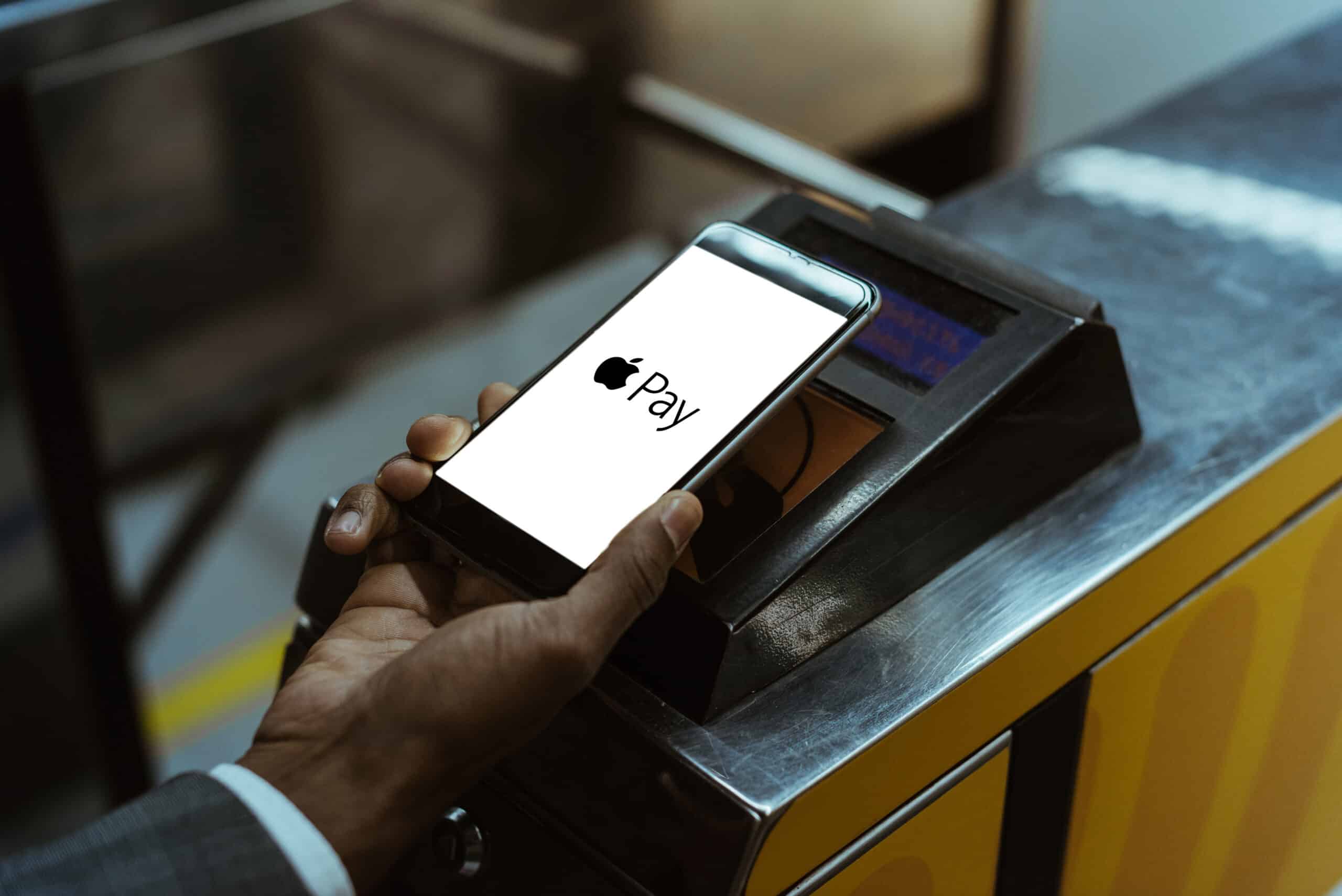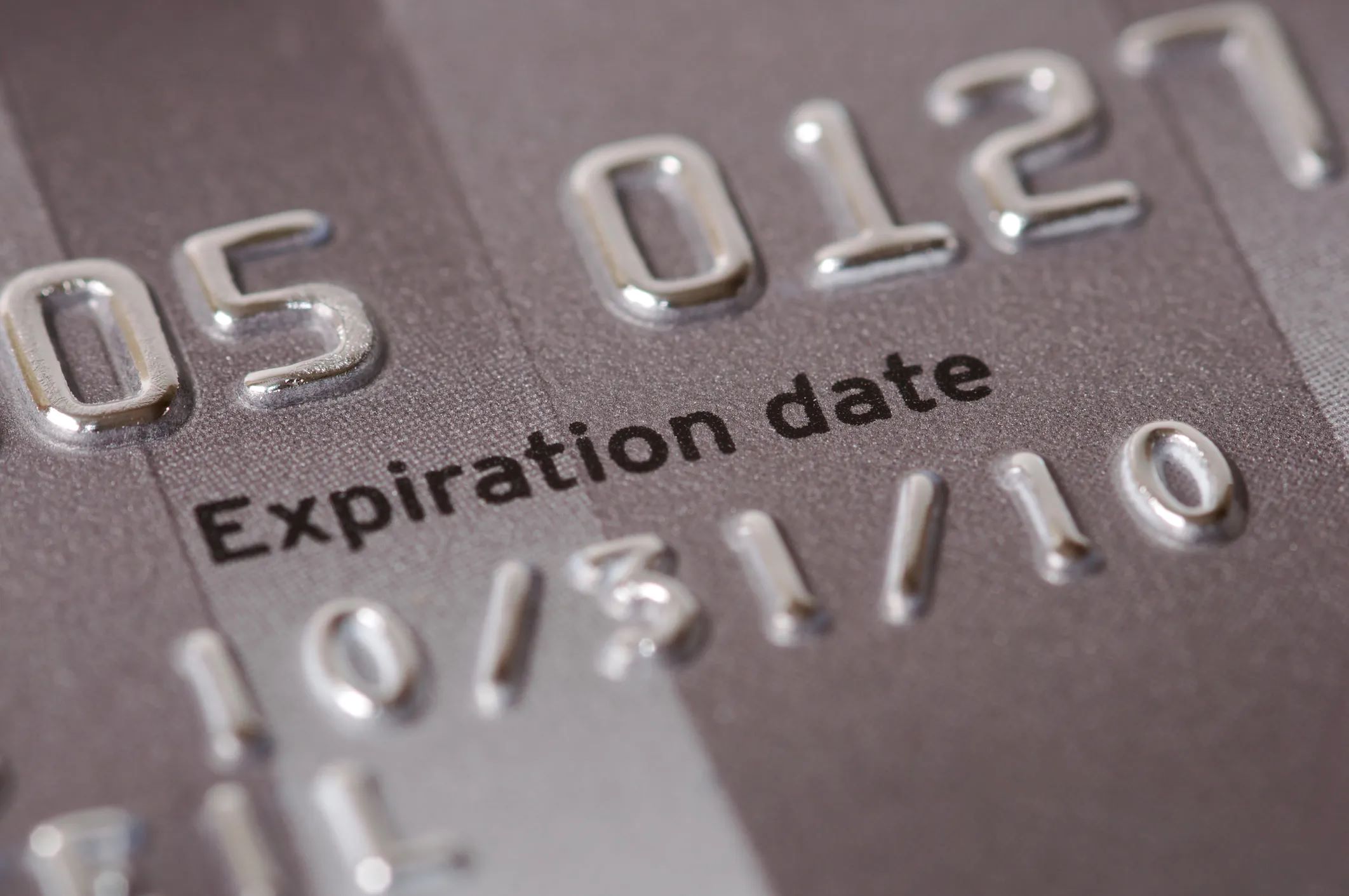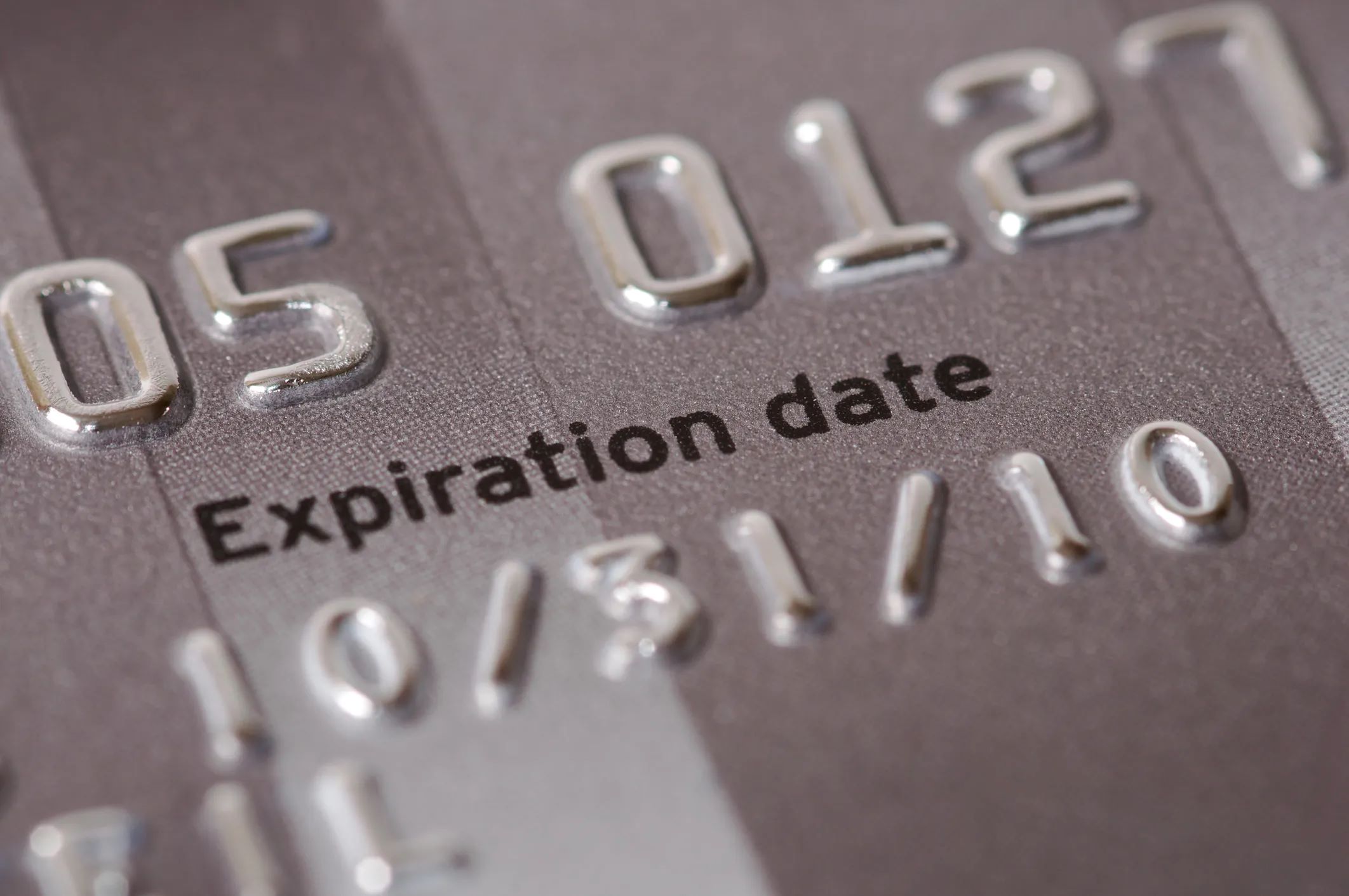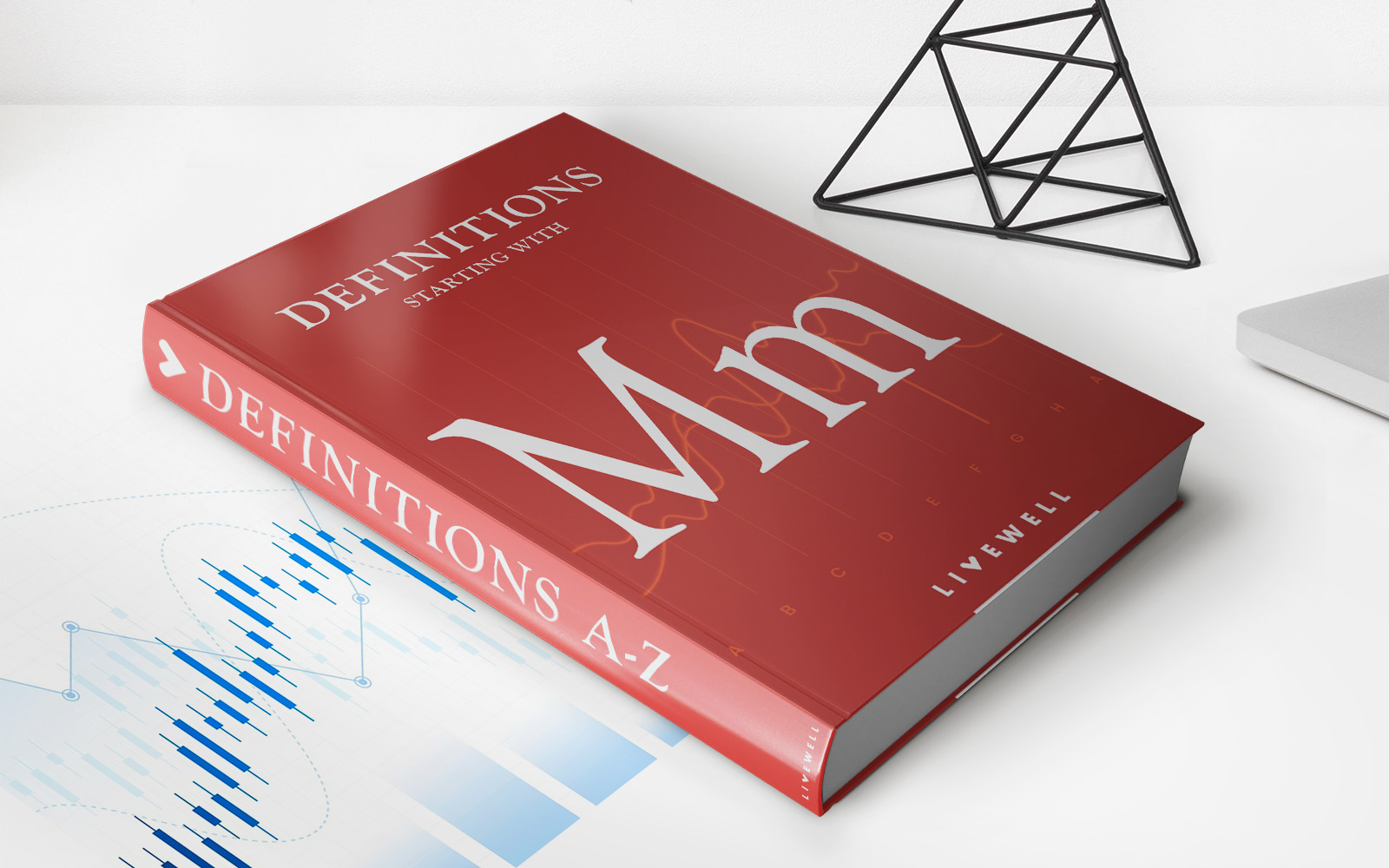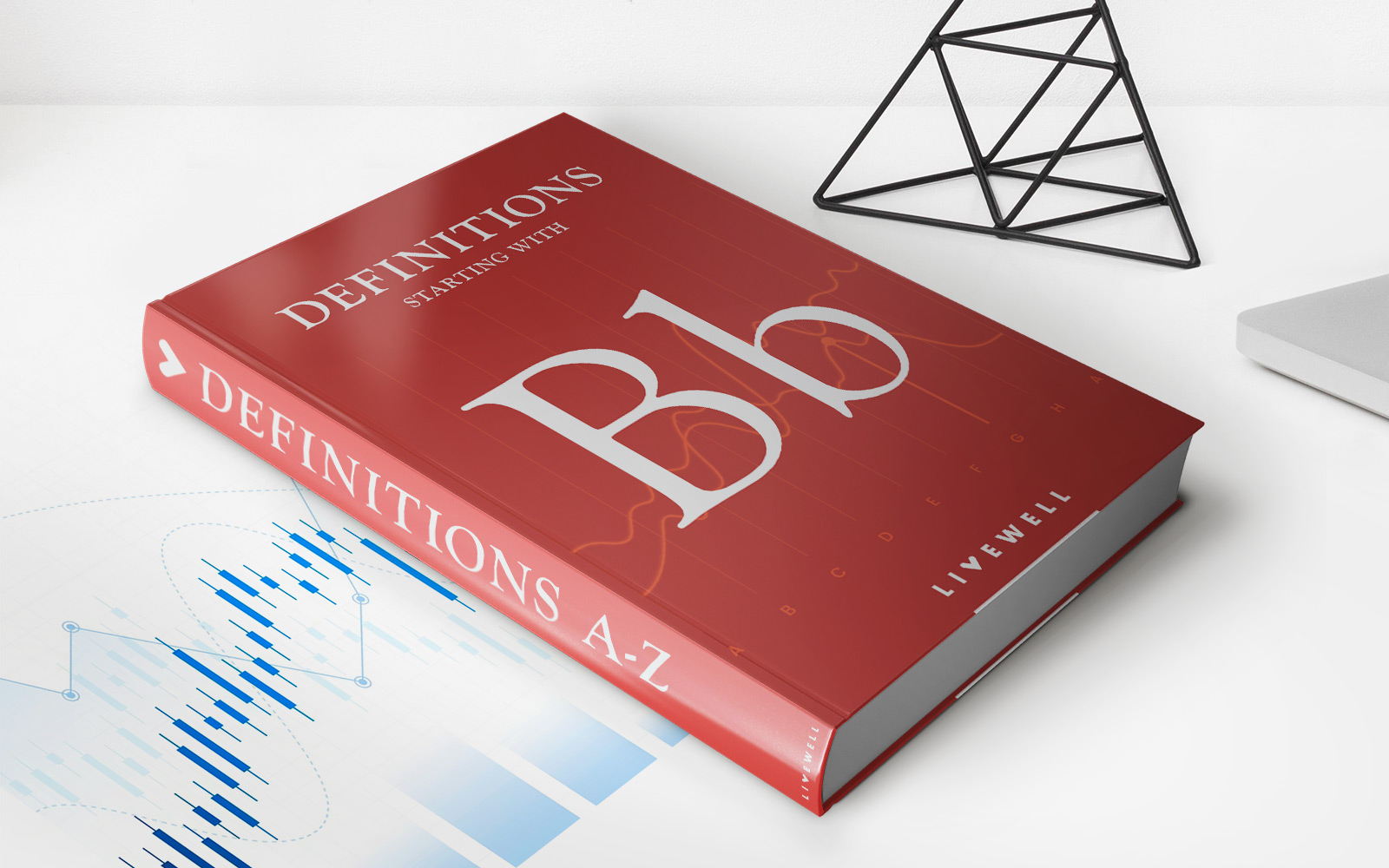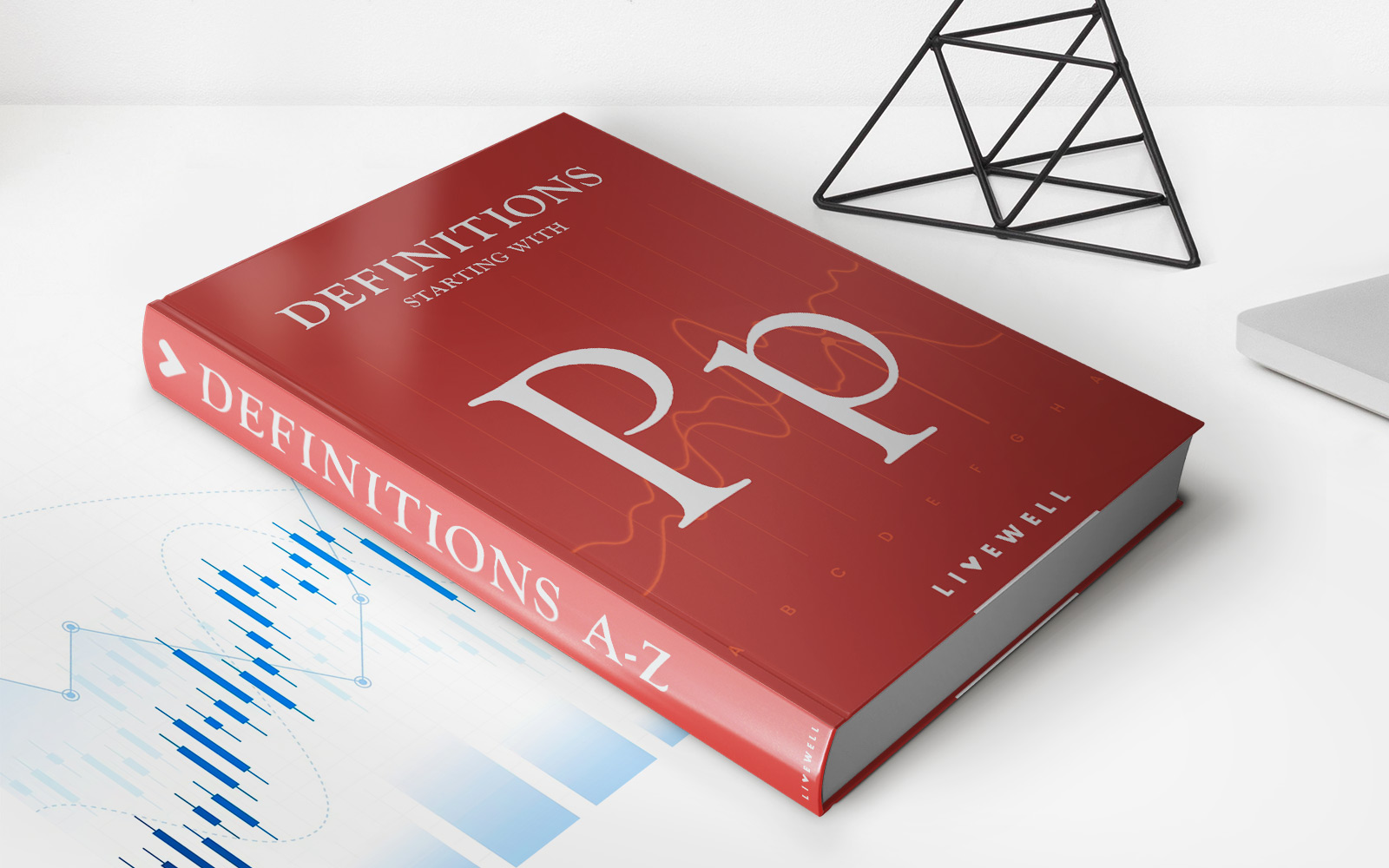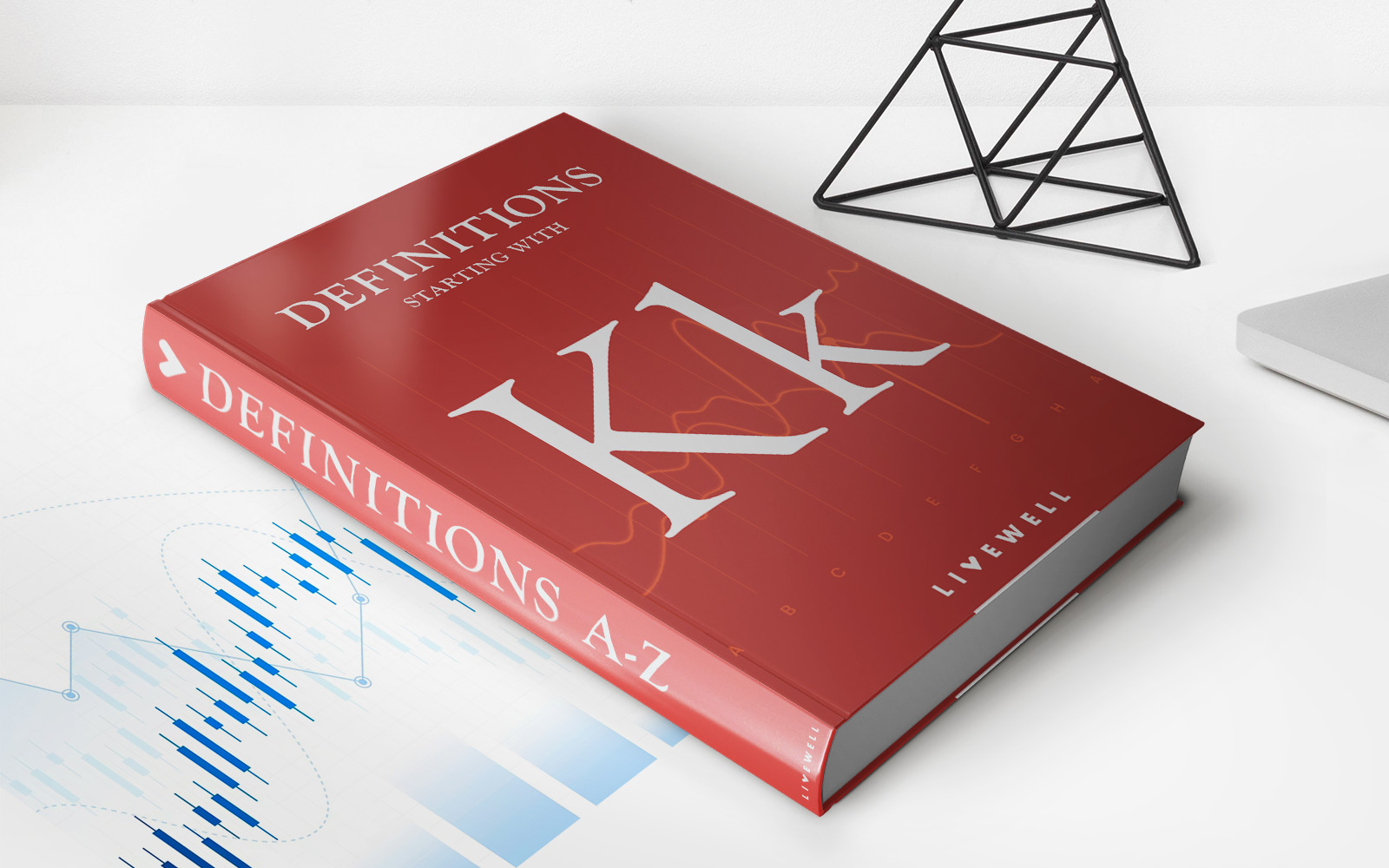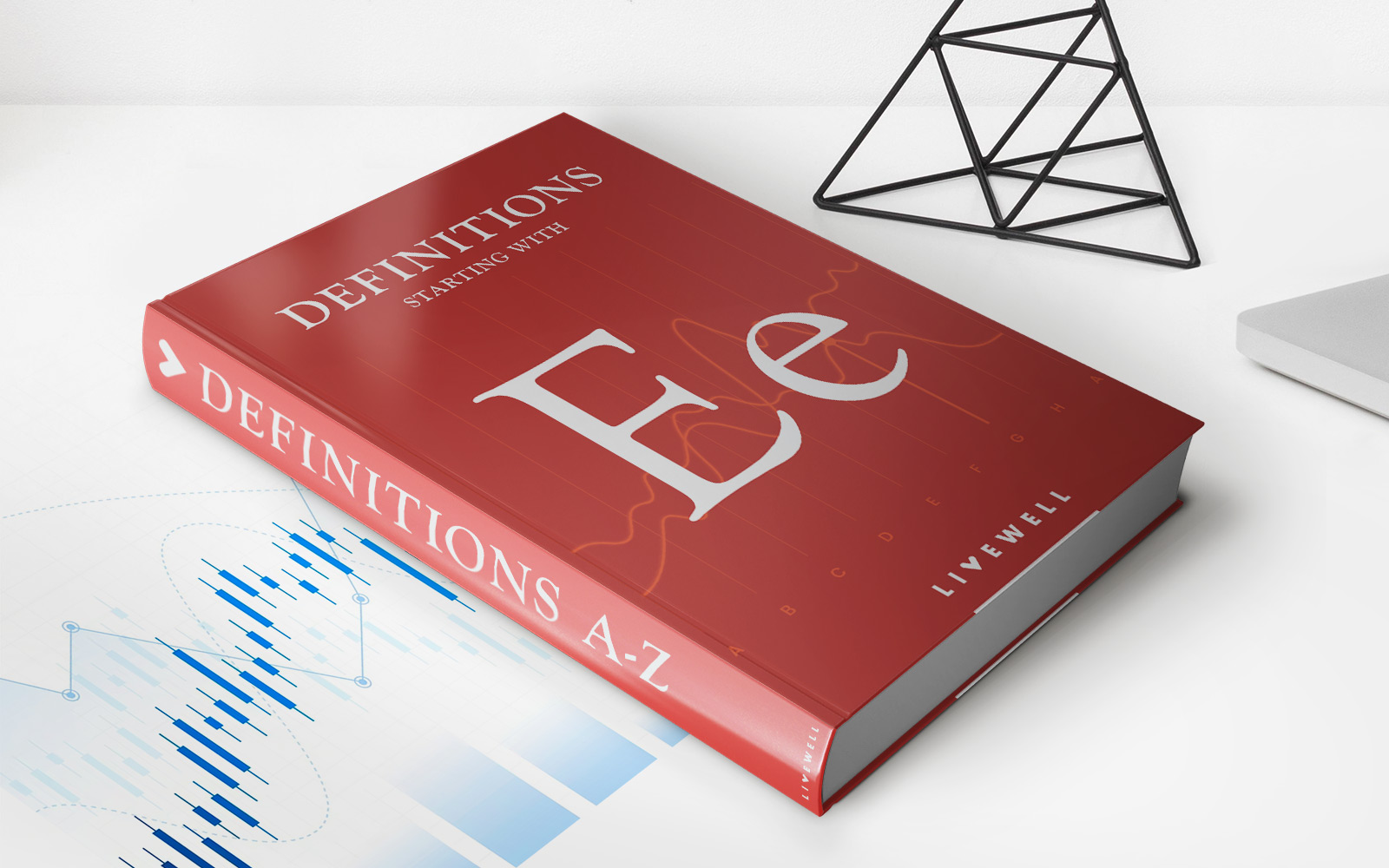

Finance
Expired Card Definition
Published: November 21, 2023
Learn about expired cards in the world of finance. Understand the definition and consequences of expired cards to better manage your finances.
(Many of the links in this article redirect to a specific reviewed product. Your purchase of these products through affiliate links helps to generate commission for LiveWell, at no extra cost. Learn more)
Expired Card Definition: What You Need to Know
Welcome to our Finance category, where we cover all things related to handling your money, making sound financial decisions, and staying up to date with the ever-changing world of personal finance. In this blog post, we’ll dive into the world of credit and debit cards to explore the expired card definition, what it means for you, and how to deal with an expired card effectively.
Key Takeaways:
- An expired card is a credit or debit card that is no longer valid due to its expiration date having passed.
- Using an expired card can result in declined transactions or potential security issues.
With our increasingly digital world, credit and debit cards have become an essential part of our everyday lives. They allow us to make purchases both online and offline, access cash from ATMs, and provide a convenient way to manage our finances. However, it’s important to keep track of the expiration dates on your cards, as using an expired card can lead to complications.
So, what exactly is an expired card? Simply put, it is a credit or debit card that is no longer valid due to its expiration date having passed. Financial institutions regularly issue new cards to account holders to ensure the security and usability of their payment systems. This means that your current card will eventually expire, and you’ll need to replace it with a new one.
What to Do When Your Card Expires
When your card expires, it’s crucial to take immediate action to avoid any disruptions to your financial activities and protect your personal information. Here are steps you should take when dealing with an expired card:
- Contact your bank or credit card issuer: As soon as you receive notification that your card will expire soon, reach out to your bank or credit card issuer. They will guide you on the process for receiving a new card.
- Update automatic payments and subscriptions: If you have any recurring payments or subscriptions tied to your card, make sure to update them with the new card information to prevent any interruptions in service.
- Update saved card details: If you have saved your card information for online shopping or other online services, remember to update the details with the new card information to avoid any issues during checkout.
- Destroy old card: When your new card arrives, ensure that you destroy the expired card securely. Cut it into smaller pieces or shred it to prevent any potential misuse.
By taking these simple steps, you can seamlessly transition from your expired card to a new one, ensuring that your financial activities continue undisturbed. Additionally, staying on top of your card’s expiration dates is an excellent practice for maintaining good financial habits.
Ultimately, understanding the expired card definition and knowing how to handle it is an essential part of navigating the world of credit and debit cards. By adhering to the recommended steps, you can ensure a smooth transition and maintain a secure financial environment.
We hope this blog post has provided valuable insights into the expired card definition. Remember to check back regularly for more informative content on personal finance and related topics. Stay financially empowered!
